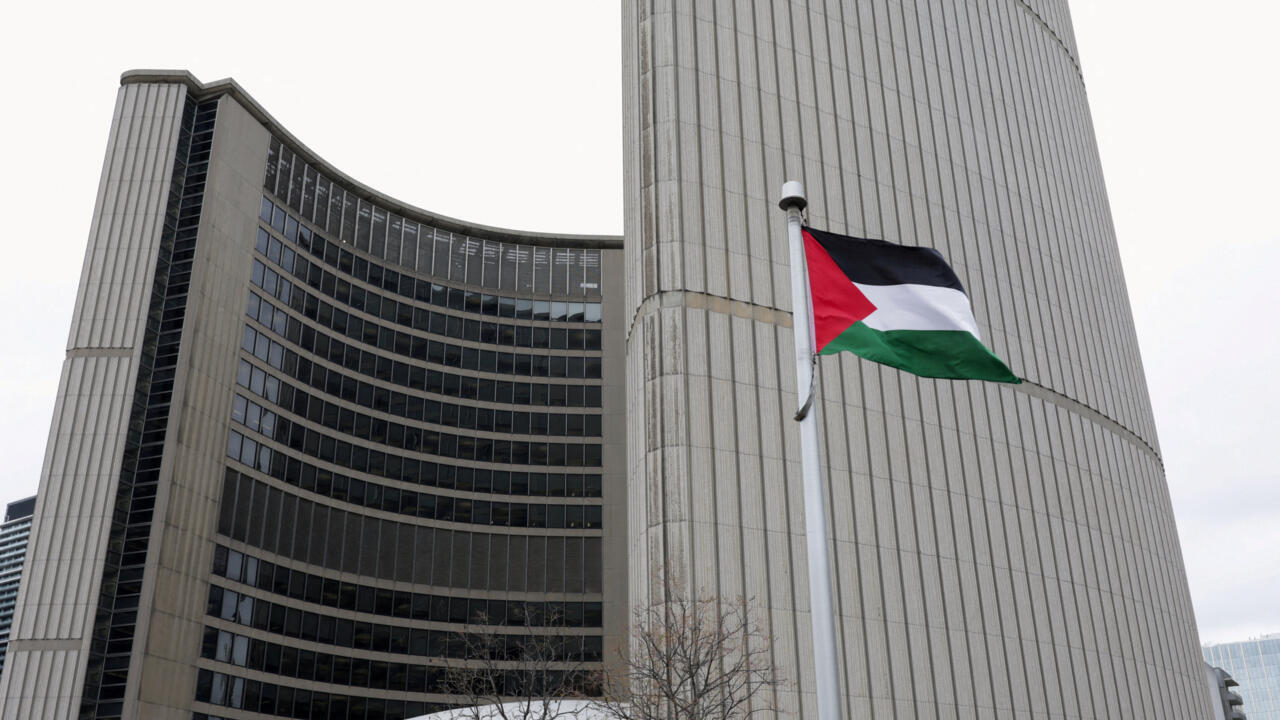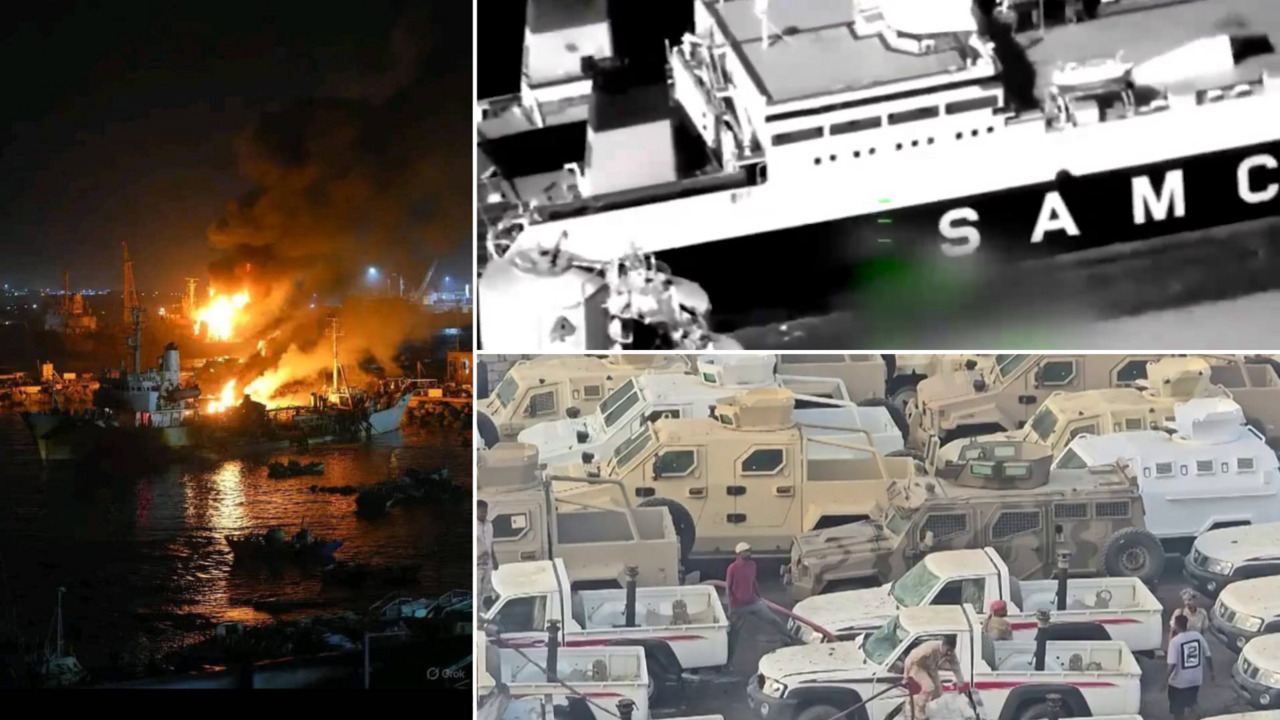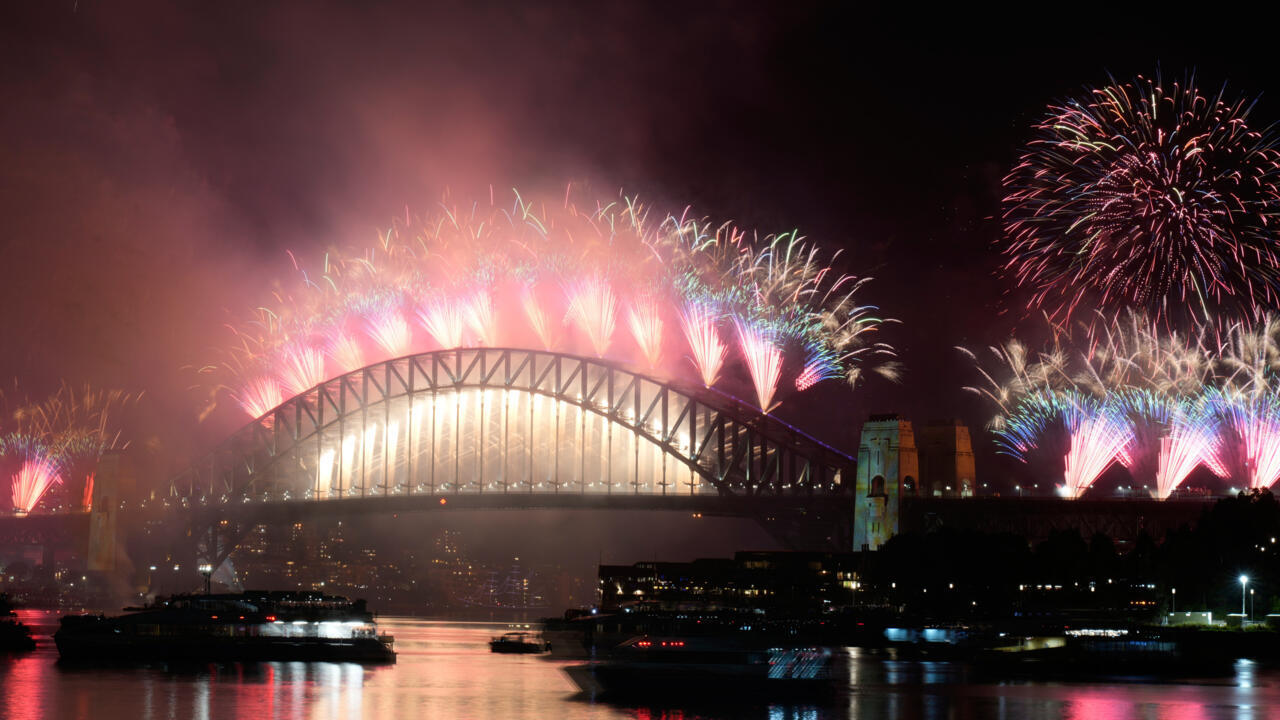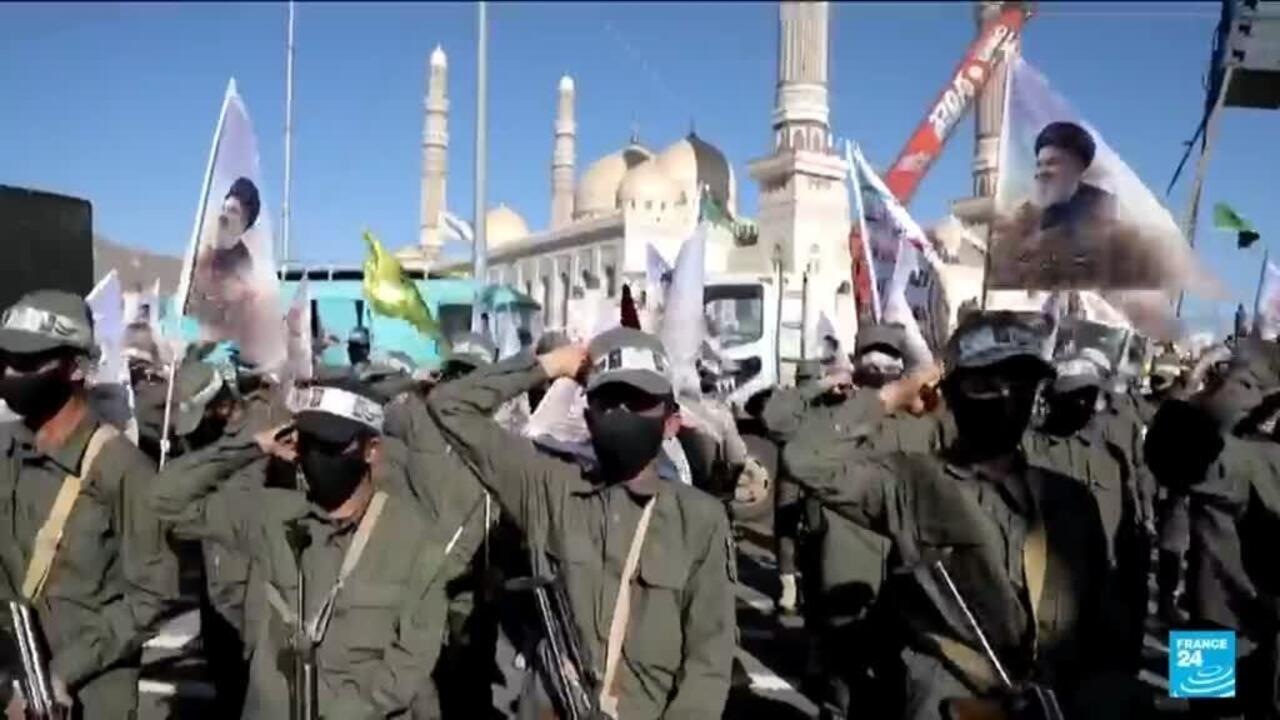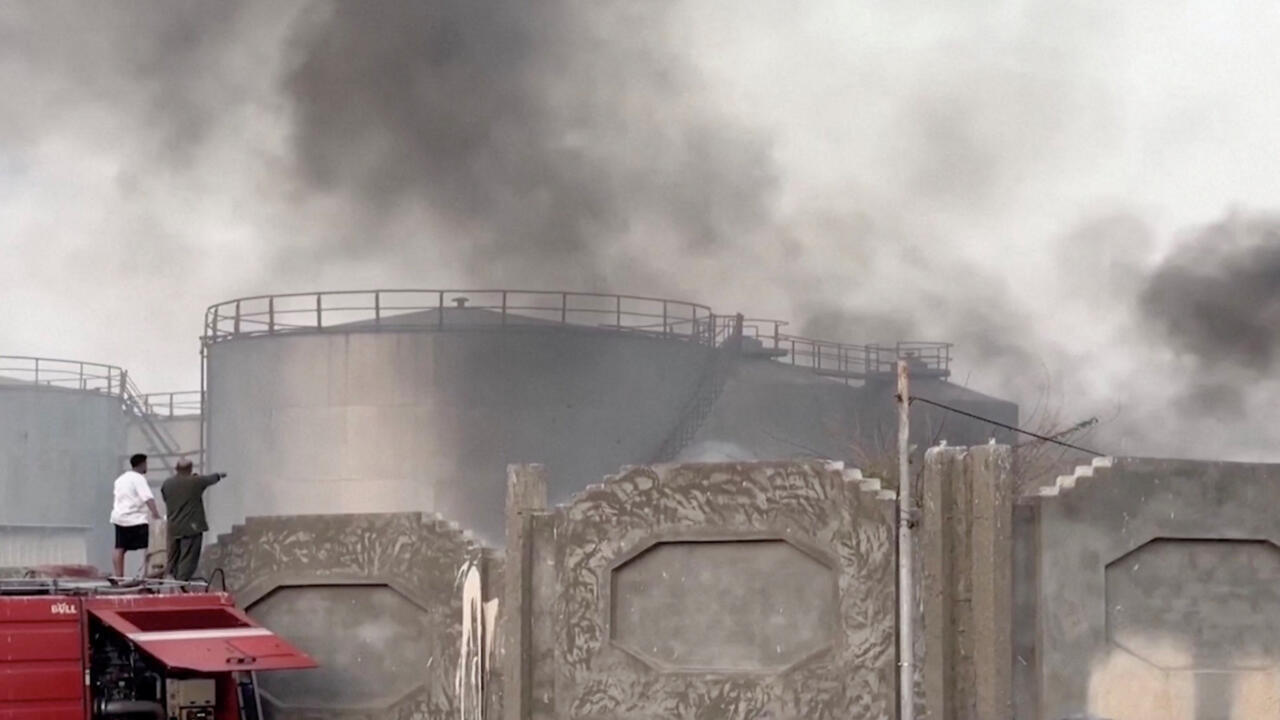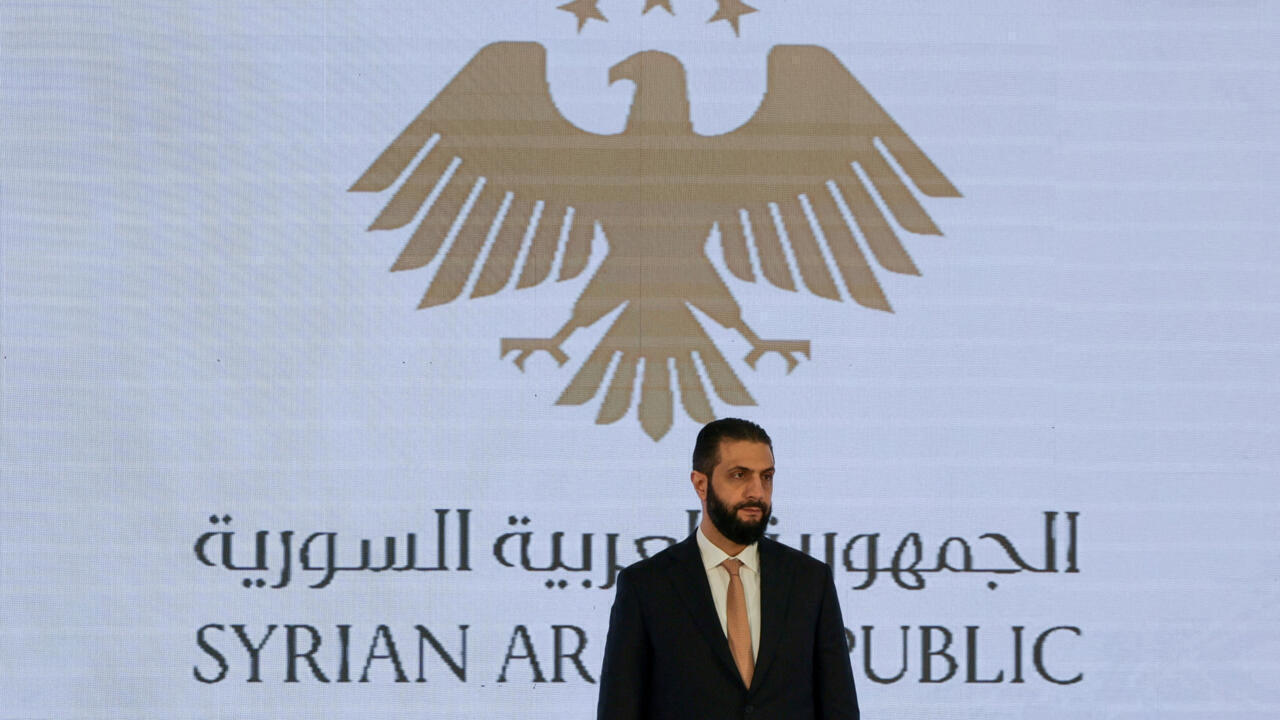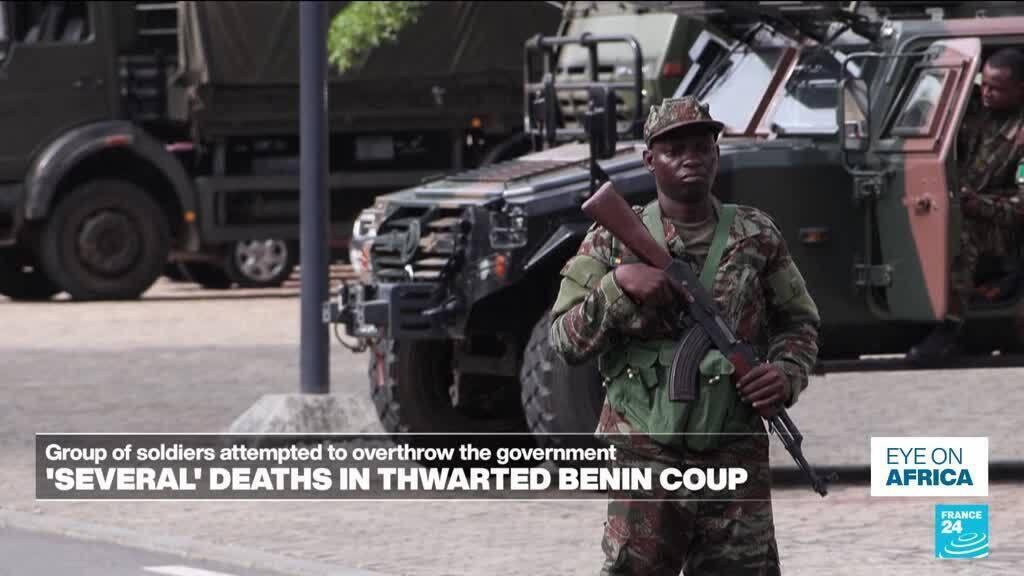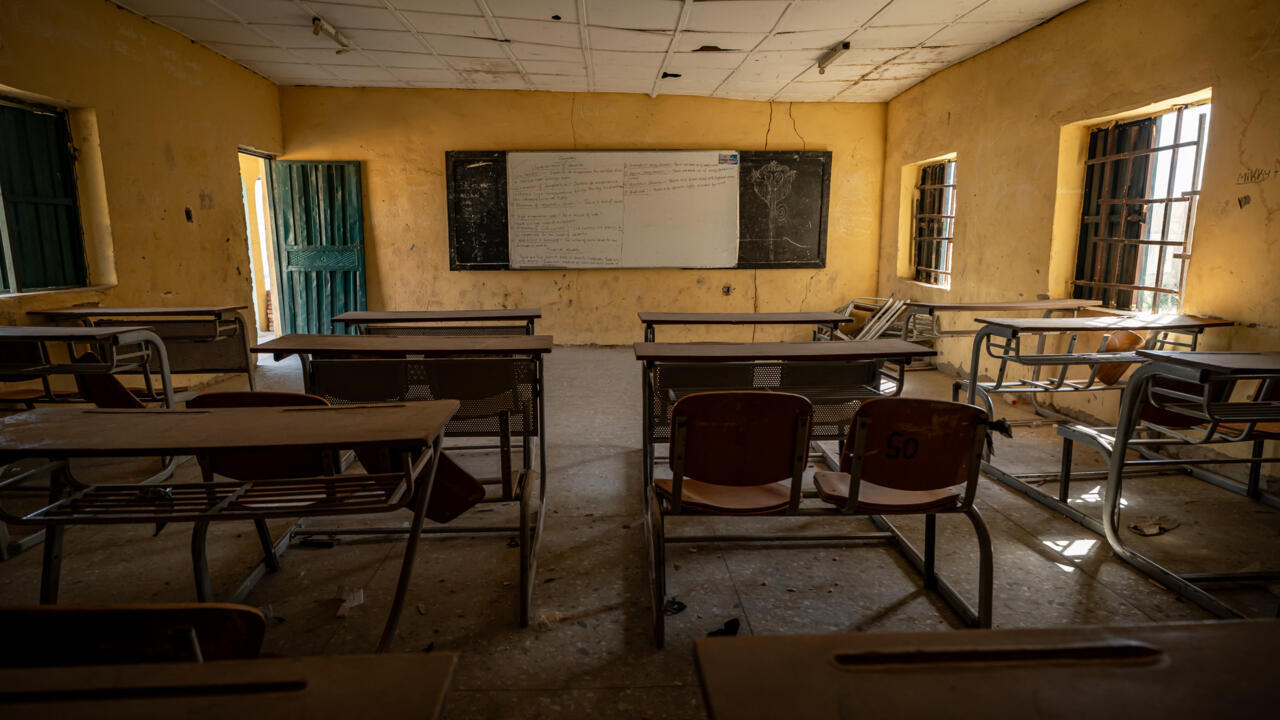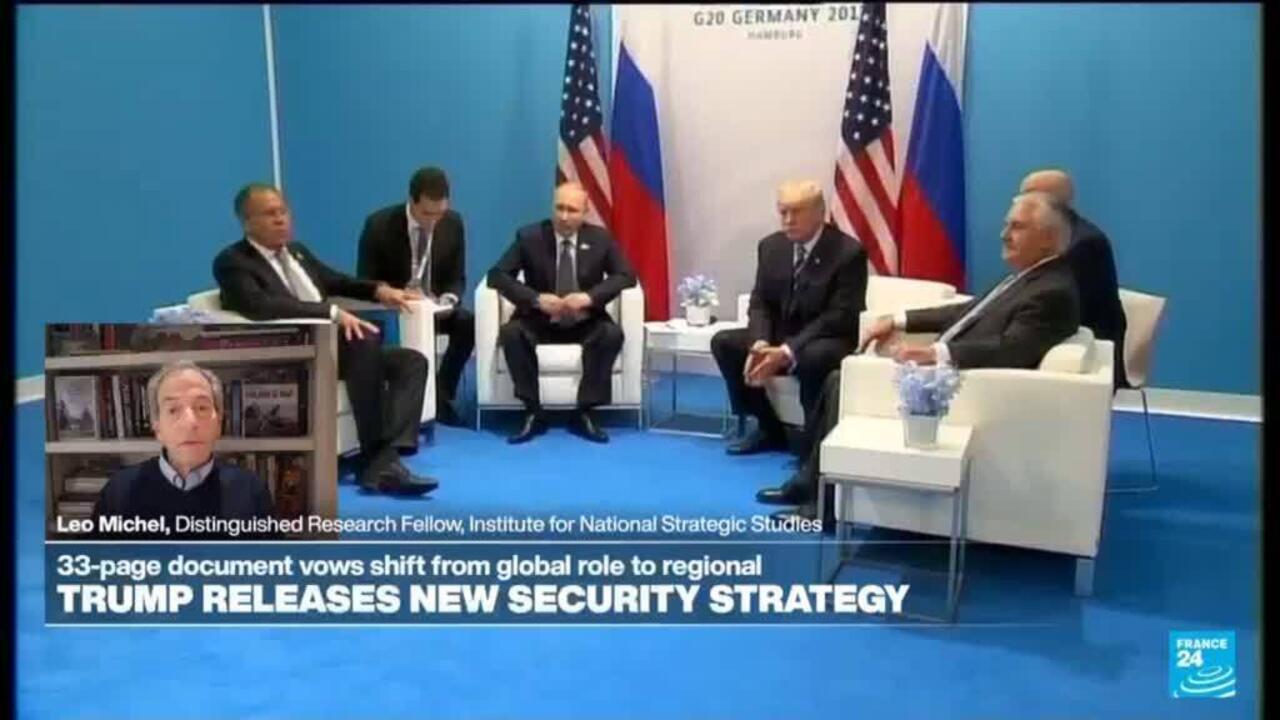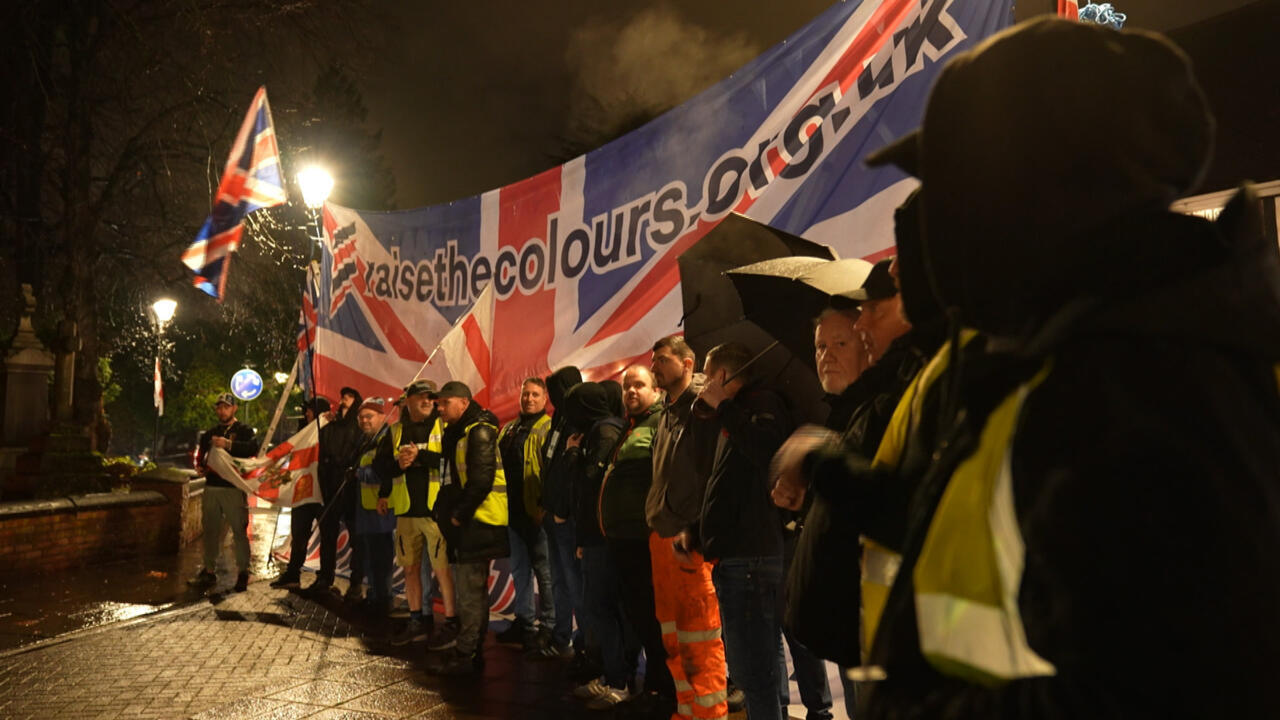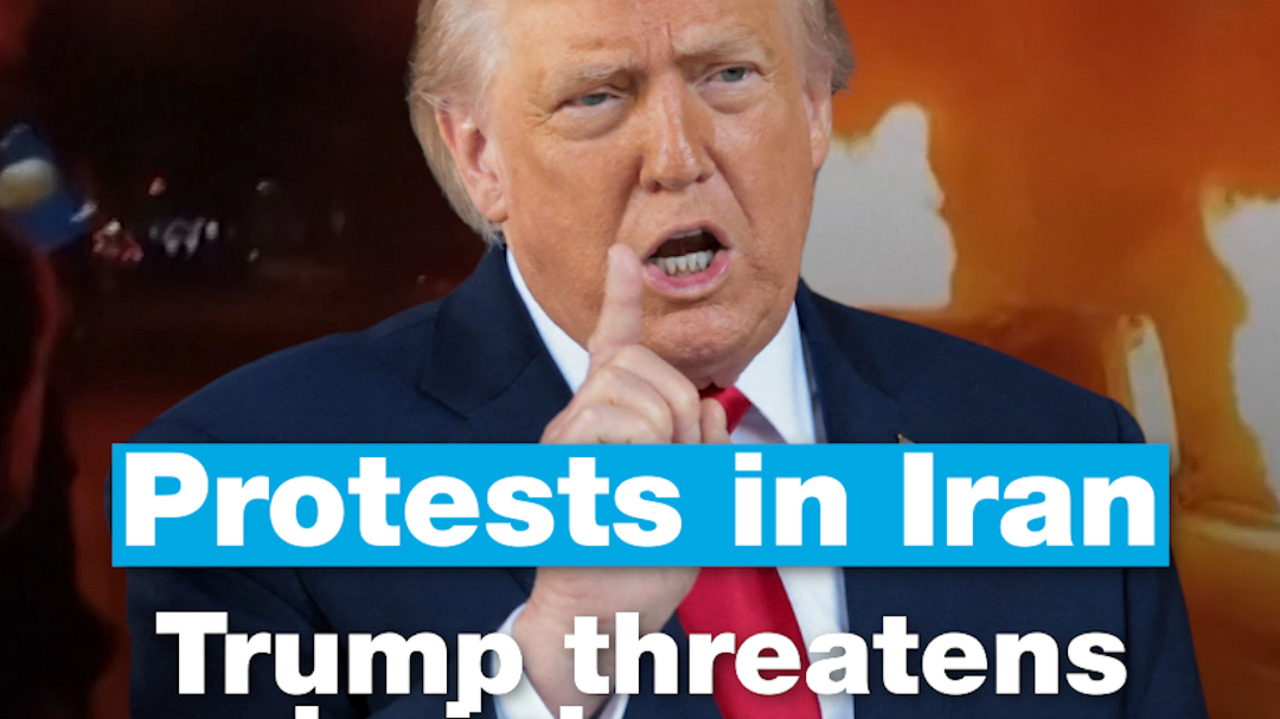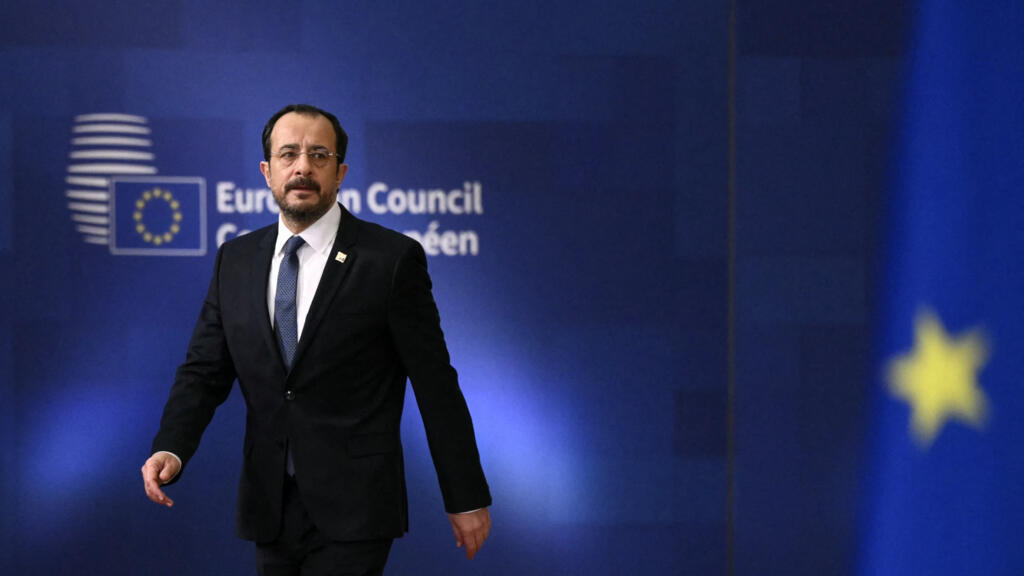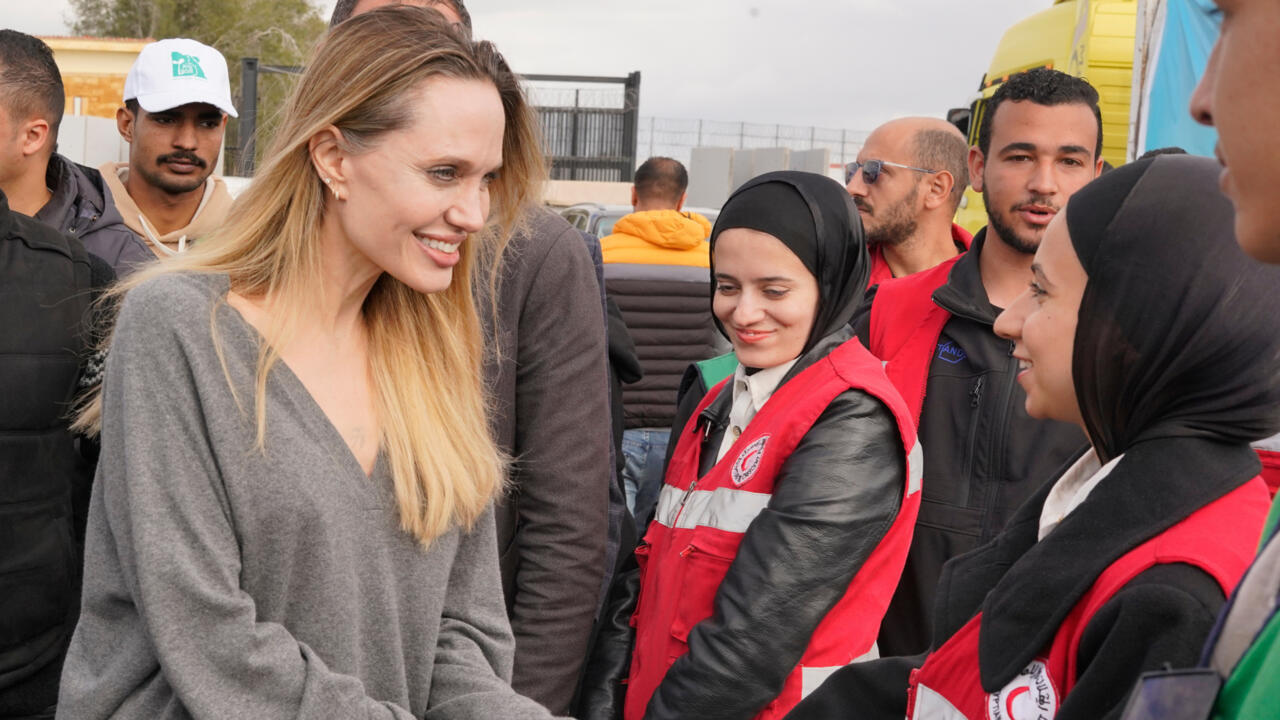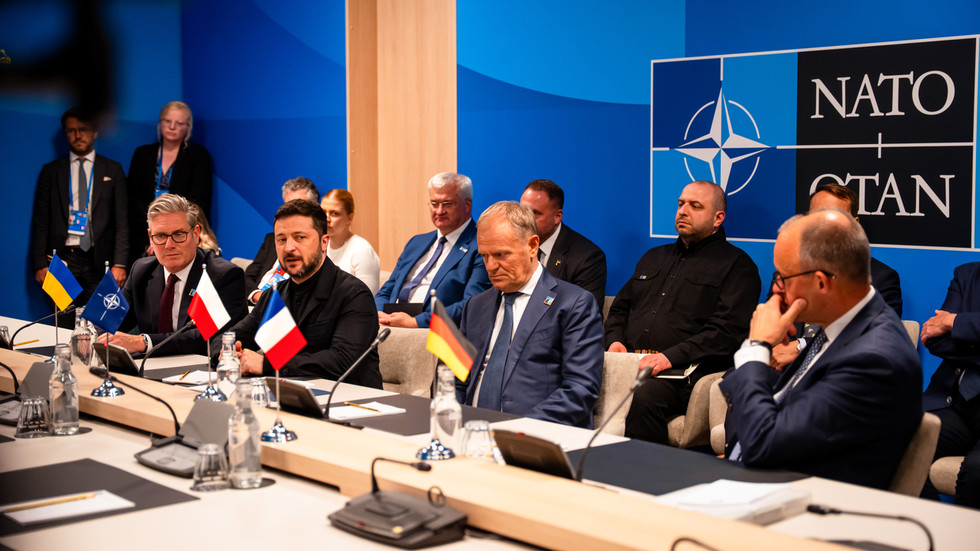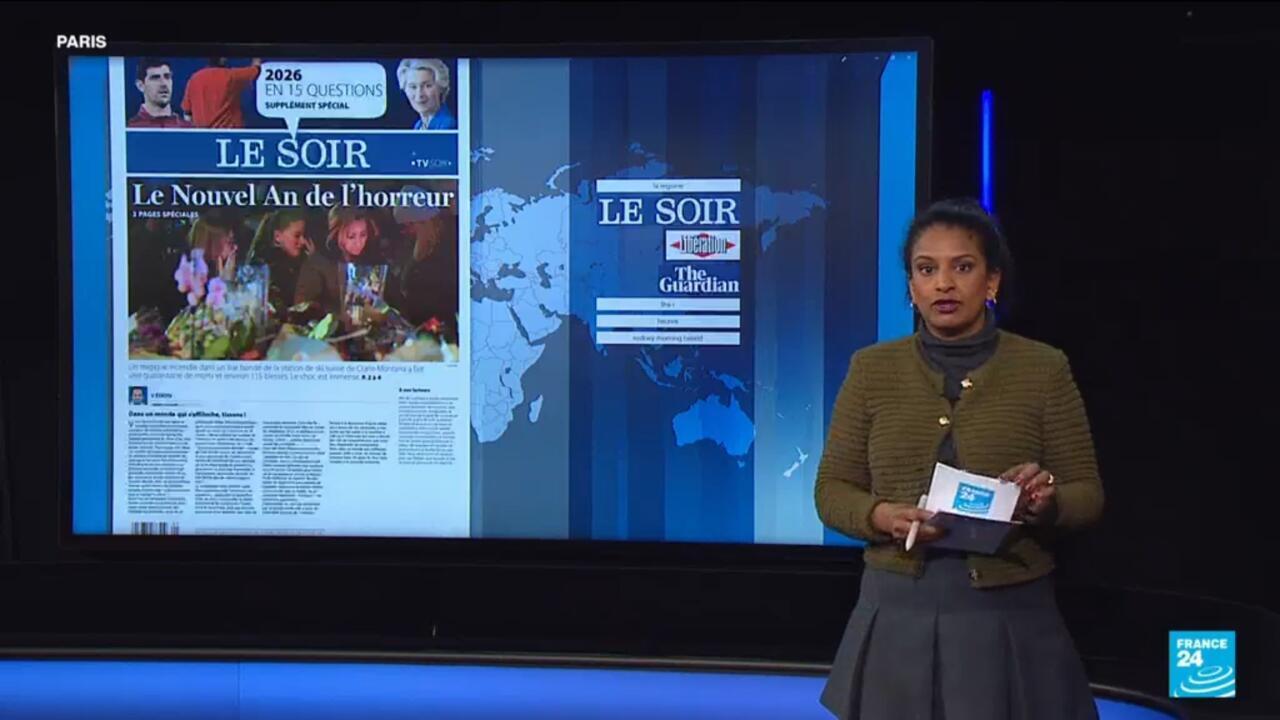The UN Security Council on Monday approved a US plan for Gaza that authorises an international stabilisation force to provide security in the devastated territory and outlines a possible future path to an independent Palestinian state.
Russia, which had circulated a rival resolution, abstained along with China in the 13–0 vote. The US and other countries had hoped Moscow would not use its veto on the UN’s most powerful body to block the resolution’s adoption.
The vote was a crucial next step for the fragile ceasefire and efforts to map Gaza’s future following two years of war between Israel and Hamas. Arab and other Muslim countries that expressed interest in providing troops for an international force had signalled that Security Council authorisation was essential for their participation.
The US resolution endorses President Donald Trump’s 20-point ceasefire plan, which calls for a yet-to-be-established Board of Peace as a transitional authority that Trump would head. It also authorises the stabilisation force and gives it a wide mandate, including overseeing borders, providing security and demilitarising the territory. Authorisation for both the board and the force expires at the end of 2027.
During nearly two weeks of negotiations on the US text, Arab nations and the Palestinians pressed the United States to strengthen what they saw as weak language on Palestinian self-determination.
Read moreNetanyahu condemns settler violence by ‘extremists’ after West Bank clashes
The US revised the wording to state that once the Palestinian Authority — which currently governs parts of the West Bank — undertakes reforms and redevelopment of the devastated Gaza Strip advances, “the conditions may finally be in place for a credible pathway to Palestinian self-determination and statehood”.
“The United States will establish a dialogue between Israel and the Palestinians to agree on a political horizon for peaceful and prosperous coexistence,” the resolution adds.
That language angered Israeli Prime Minister Benjamin Netanyahu, who vowed on Sunday to oppose any attempt to establish a Palestinian state. He has long argued that creating such a state would reward Hamas and ultimately lead to an even larger Hamas-run entity on Israel’s borders.
A key factor in the resolution’s adoption was support from Arab and Muslim nations pushing for a ceasefire and potentially contributing to the international force. The US mission to the UN circulated a joint statement on Friday with Qatar, Egypt, the United Arab Emirates, Saudi Arabia, Indonesia, Pakistan, Jordan and Turkey calling for the “swift adoption” of the US proposal.
The vote took place amid hopes that Gaza’s fragile ceasefire would hold after a war triggered by Hamas’ surprise attack on southern Israel on October 7, 2023, which killed about 1,200 people. Israel’s more than two-year offensive has killed over 69,000 Palestinians, according to Gaza’s health ministry, which does not distinguish between civilians and combatants but says the majority are women and children.
Read moreIsraeli soldiers shoot at UN peacekeepers in southern Lebanon
Russia last week unexpectedly circulated a rival proposal with stronger language supporting a Palestinian state alongside Israel and insisting that the West Bank and Gaza must be unified under the Palestinian Authority.
It also removed references to the transitional board and requested that UN Secretary-General António Guterres provide options for an international force to secure Gaza and implement the ceasefire plan, emphasising the importance of a Security Council role.
The US resolution calls for the stabilisation force to ensure “the process of demilitarising the Gaza Strip” and “the permanent decommissioning of weapons from non-state armed groups”. A major unresolved issue is how to disarm Hamas, which has not fully accepted that requirement.
It authorises the force “to use all necessary measures to carry out its mandate” in compliance with international law — standard UN language permitting the use of military force.
The resolution says stabilisation troops will help secure border areas alongside a Palestinian police force that they have trained and vetted, and they will coordinate with other countries to ensure the flow of humanitarian assistance. The force is instructed to consult and cooperate closely with neighbouring Egypt and Israel.
As the international force establishes control and stability, the resolution says Israeli forces will withdraw from Gaza “based on standards, milestones, and timeframes linked to demilitarisation”. These must be agreed by the stabilisation force, Israeli forces, the United States and the ceasefire guarantors, it adds.
(FRANCE 24 with AP)

